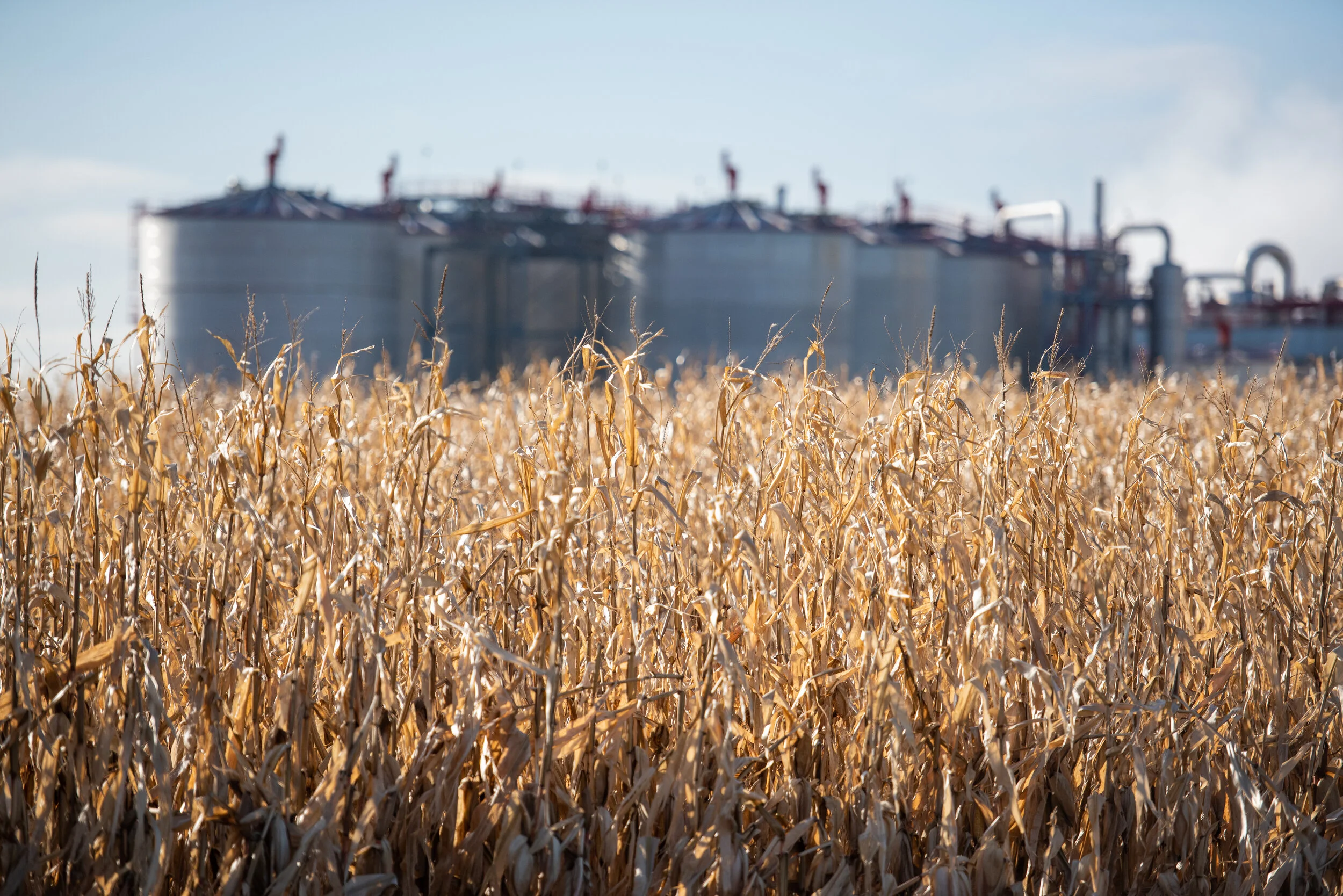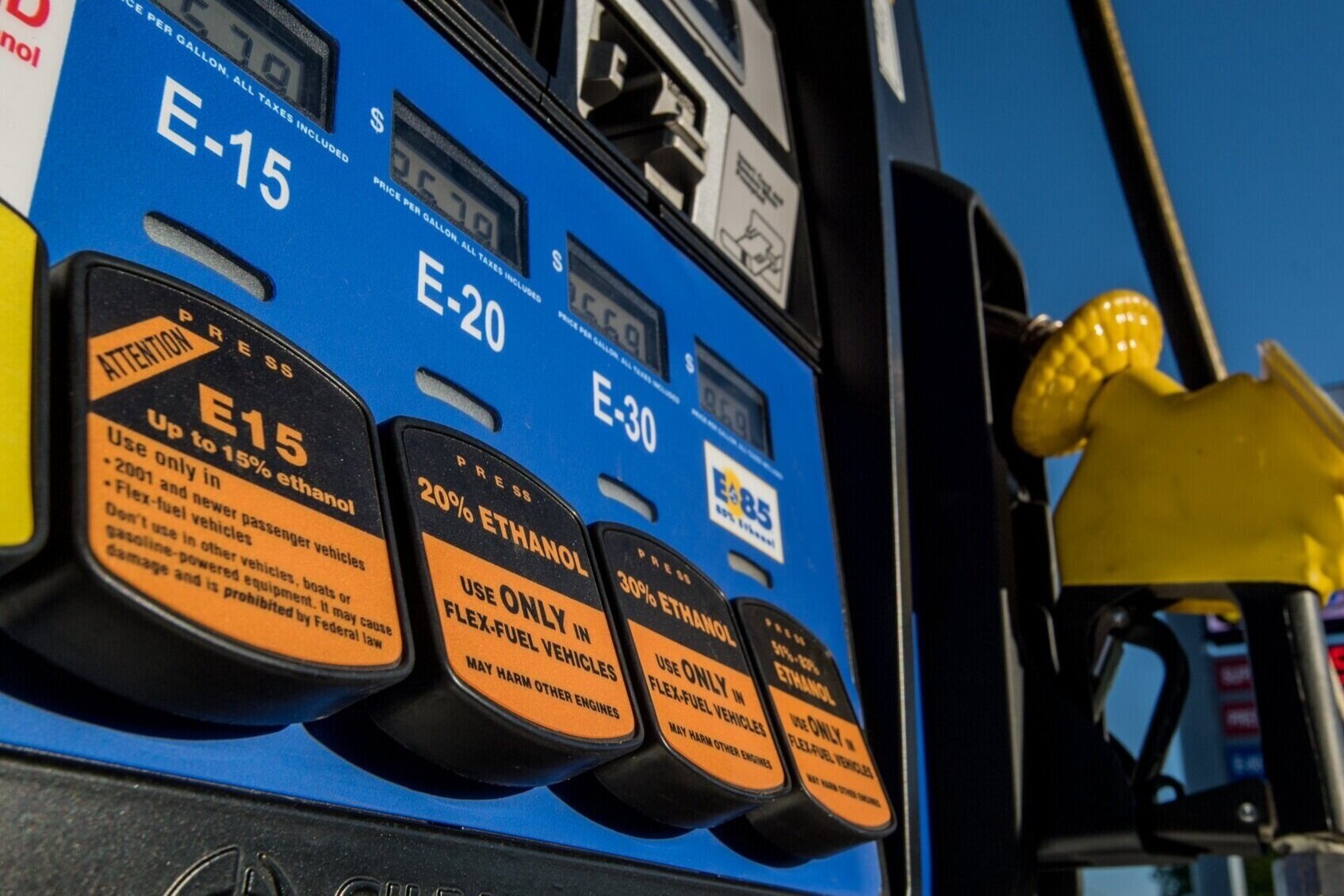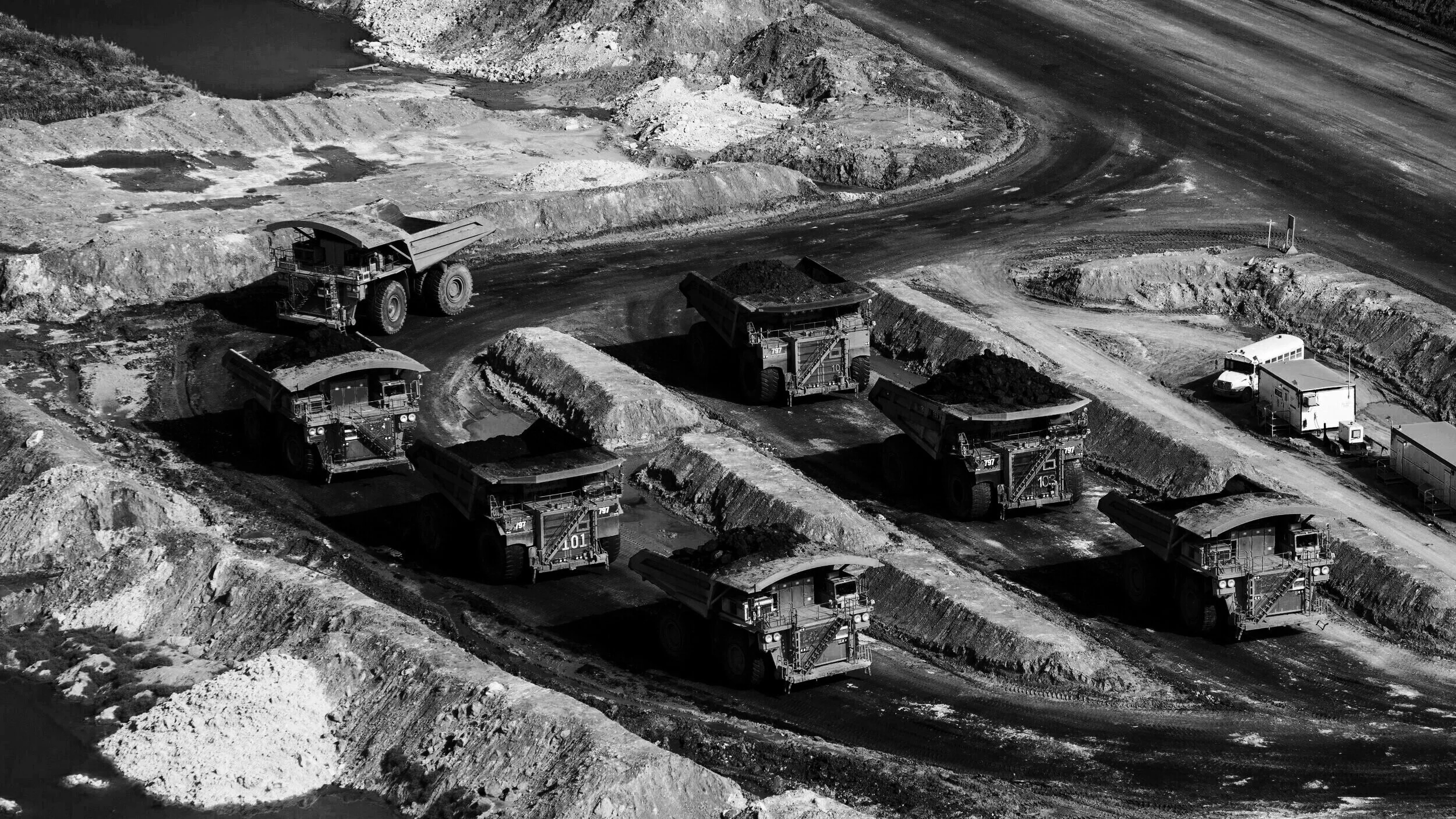
Let’s make the right one.
Do we bow down to out-of-state big oil interests…
Or do what’s best for Minnesota’s clean energy future and support our own state’s farm economy?
Sometimes choices in life are simple. This is one of those times.
Minnesotans are at an energy crossroads.
We cannot continue to rely so heavily on out-of-state petroleum. Electric vehicles, while promising, are years away from being the everyday norm.
So what can we do right now, today, to meet our state’s energy needs and environmental goals?
A Better Fuel FOR Minnesota, FROM Minnesota.
There are exciting proposals being debated right now at the Minnesota Capitol to advance greener energy in Minnesota.
These proposals would set a higher standard and invest in infrastructure for blending biofuels, like ethanol, in our gasoline and have the support of both GOP and DFL legislators and Governor Walz.
Ethanol makes a Better Fuel.
Higher blends of ethanol in our transportation fuel reduce greenhouse gas emissions by 46%, deliver higher octane at a lower cost, and provide significant economic benefits here at home.
For example, moving to an E15 standard (gasoline blended with 15 percent ethanol) would reduce carbon emissions in Minnesota by 332,000 tons per year, which is equivalent to removing more than 72,000 cars from the road.
But big oil isn’t going to let anything or anyone cut into their market share.
Dozens of their lobbyists have been working hard in Minnesota to defeat these proposals.
What big oil and their allies will say…
I can’t support a mandate.
Big oil has monopolized the market on transportation fuel. Drivers have been mandated to use petroleum products for more than 100 years.
But (just to be clear here) you can’t support a higher biofuel standard because Minnesota fuel retailers and distributors would be required to offer 5% more of a cleaner-burning, local fuel that benefits our air quality and rural communities?
Got it.
I can’t use higher blends of ethanol in my boat.
And no one is asking you to.
Minnesota state statute exempts resorts, marinas, small engines and collector vehicles from the existing biofuel standard. That would not change under these new proposals.
Additionally, non-oxygenated fuel blends will still be readily available at stations across Minnesota for boaters, motorcyclists, and small engine owners.
These new proposals only benefit corn farmers.
Yes, ethanol is a critical market for Minnesota corn farmers and their crop. The ethanol production process also produces co-products, like high protein animal feed for our livestock farmers as well.
There’s more to it than that though.
A strong agricultural sector helps other parts of our economy do better, too.
Plus, we ALL breathe a little easier when we use higher blends of ethanol. A recent Harvard University study found, using ethanol made from corn reduces greenhouse gas emissions by 46% compared to gasoline.
Higher blends of ethanol also have a higher octane rating and are offered at a lower price.
Simply put: It’s better for your air, your engine and your wallet AND it supports family farmers and rural communities right here in our state.
I don’t like big oil and I don’t like ethanol.
Not everyone is going to choose a Minnesota corn field and support our state’s farmers.
But, like it or not, by opposing higher blends of ethanol in our transportation fuel you’re effectively saying NO to a solution we can implement RIGHT NOW in the fight against climate change and NO to Minnesota farmers while saying YES to the same Big Oil conglomerates who have dictated what we put in our gas tanks for the past 100 years.
Upgrading infrastructure is too costly for station owners.
According to the Minnesota Pollution Control Agency (MPCA) underground storage tank database, nearly 70% of the state’s existing underground fuel storage tanks are already compatible with higher blends of ethanol.
However, some retailers may need to update their infrastructure due to the age of the tank or other equipment. According to the same MPCA database, more than 34% of the state’s underground storage tanks are over 30 years old.
Any outdated underground storage tanks should be replaced, regardless of the type of fuel they hold. It’s simply the cost of doing business.

Targeted misinformation campaigns by big oil interests and their allies against ethanol have been going on for decades. We’ve heard it all.
Same dirty fuel. Same dirty tactics.
Time to make a choice, Minnesota.
Support higher blends of ethanol and Minnesota farmers.







